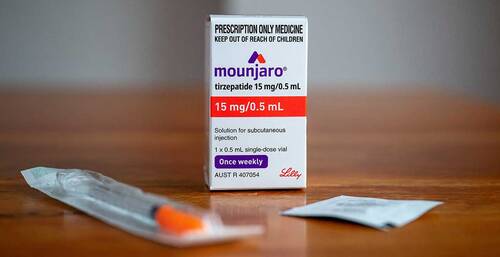Author Interviews, Weight Research / 20.03.2025
BMI Can Be Misleading In Older Overweight Adults Due to Body Fat Redistribution
MedicalResearch.com Interview with:
Prof. Marwan EL GHOCH
Professore Associato in Scienza dell'Alimentazione e Tecniche Dietetiche Applicate MEDS-08/C
Dipartimento di Scienze Biomediche, Metaboliche e Neuroscienze
Università di Modena e Reggio Emilia
Modena, 41125, Italy
MedicalResearch.com: What is the background for this study?
Response: Body mass index (BMI) is an easy-to-use tool to determine an individual’s by classifying him/her as having normal weight, overweight, or obesity, and this is based on universal cut-off points suggested by the World Health Organization (WHO) for all age groups. Not taking into account the potential changes that may occur to body composition compartments during the individual’s lifespan. In fact, little is still known about this topic in people with overweight and obesity.
For this reason our study aimed to compare the body composition compartments between three different age groups (young, middle-age, and older adults), adopting a design that matched these 3 age groups by BMI.
(more…)






















 Tongyu Ma, Ph.D., MBBS, ACSM EP-C
Tongyu Ma, Ph.D., MBBS, ACSM EP-C








